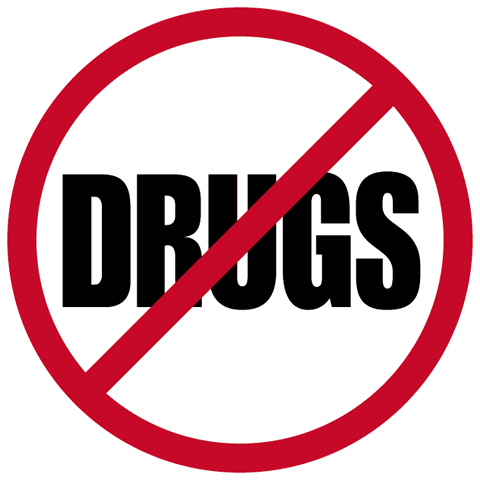360 view of Narcotism

The word “Narcotic” in Latin means “being numb”. It was originally prescribed with psychoactive compound with sleep inducing properties.
People experiment with drugs for various reasons. Many first try drugs out of curiosity, to have a good time, because friends are doing it, to improve athletic performance, to ease stress , anxiety etc. There is no specified level where drugs move from casual to problematic, it varies by individual. No matter how often or how little you’re consuming, if your drug use is causing problems in your life—at work, school, home, or in your relationships—you likely have a drug abuse or addiction problem.
Reasons for addiction:
1. Family history of addiction
2. Abuse, neglect, or other traumatic experiences in childhood
3. Mental disorders such as depression and anxiety
4. Early use of drugs
5. Method of administration—smoking or injecting a drug may increase its addictive potential
All drugs produce different physical effect, but repeated use of drugs can alter a way brain looks and function. Drug causes a surge in levels of dopamine in your brain, which trigger feelings of pleasure. Your brain remembers these feelings and wants them repeated.
Physical warning signs of drug abuse
a. Bloodshot eyes, pupils larger or smaller than usual
b. Changes in appetite or sleep patterns. Sudden weight loss or weight gain
c. Deterioration of physical appearance, personal grooming habits
d. Unusual smells on breath, body, or clothing
e. Tremors, slurred speech, or impaired coordination
Behavioral signs of drug abuse
a. Drop in attendance and performance at work or school
b. Unexplained need for money or financial problems. May borrow or steal to get it.
c. Engaging in secretive or suspicious behaviors
d. Sudden change in friends, favorite hangouts, and hobbies
e. Frequently getting into trouble (fights, accidents, illegal activities)
Psychological warning signs of drug abuse
a. Unexplained change in personality or attitude
b. Sudden mood swings, irritability, or angry outbursts
c. Periods of unusual hyperactivity, agitation, or giddiness
d. Lack of motivation; appears lethargic or “spaced out”
e. Appears fearful, anxious, or paranoid, with no reason
Getting HELP:
a. Support is essential to addiction recovery Family members, close friends, therapist , healthcare provider,
b. Willingness to change.
c. Have nutritious food which will keep the blood sugar level stable which in turn helps your mood.
d. Do healthy activities to replace drug usage.
e. Do not punish or threaten.
f. Do not use emotional appeal as they may raise feeling of guilt and the compulsion to use drugs.
g. Lay down rules and regulations.
h. Monitor activities.
i. Educate oneself.
j. Be patient.
k. Remove influences that enable your drugs use
l. Encourage in other social and cultural activities.
WAYS to PREVENT narcotics: Prevention is always better than cure
1. Effectively deal with peer pressure.
2. Deal with life pressure.
3. Seek help for mental illness.
4. Examine the risk factor.
5. Keep a well balanced life.
Thanks,
Upamanyu Choudhury
MBA-ITBM(2013-15)















